Keywords: Economics
There are more than 24 results, only the first 24 are displayed here.
Become a subscriber for more search results.
-
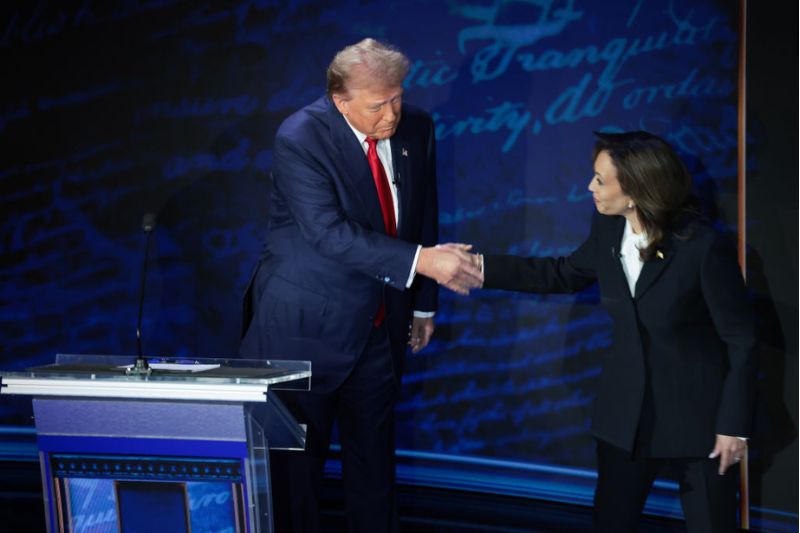
INTERNATIONAL
- Binoy Kampmark
- 30 September 2024
Last month, Kamala Harris faced off with Trump in what may be the only debate of the 2024 race for the White House. As we revisit the event, it’s clear that the real takeaway isn’t found in the limited substance offered to voters. Rather, it’s a stark reminder of how far the standards for such political showdowns have fallen, leaving us to question the usefulness of this once-crucial platform for democratic discourse.
READ MORE
-
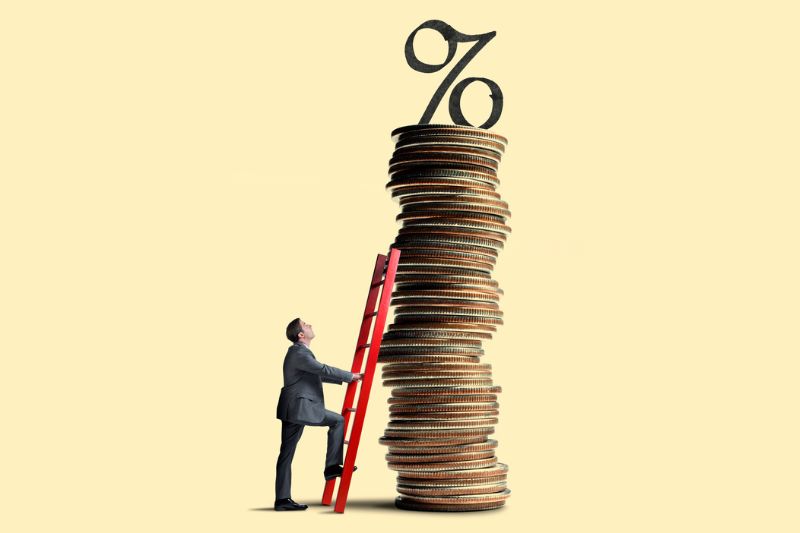
AUSTRALIA
- Joe Zabar
- 17 September 2024
2 Comments
As Australia heads toward the 2024 federal election, voters are grappling with soaring costs of living, stagnant wages, and weak GDP growth. Inflation is easing but prices remain stubbornly high. Will the Albanese government’s strategies to combat inflation satisfy an increasingly strained electorate?
READ MORE
-

ECONOMICS
- David James
- 10 September 2024
2 Comments
As continued high interest rates and stagnant incomes put a strain on households, leading more Australians give up on the dream of home ownership, government attempts to manage both the cost of living crisis and the housing crisis may be doing too little too late.
READ MORE
-

INTERNATIONAL
- Sarah Klenbort
- 21 August 2024
2 Comments
For a nation ‘conceived in liberty’, much of how this U.S. election will play out will hinge on different understandings of the word ‘freedom’, a term that has two distinct and separate meanings depending on whether the person you’re asking votes red or blue.
READ MORE
-

ECONOMICS
- David James
- 06 August 2024
1 Comment
In a world increasingly divided by geopolitical tensions, a new wave of protectionism is reshaping global trade. As nations turn inward, once-dominant economic models are being dismantled and new strategies are emerging. Is Australia prepared?
READ MORE
-

INTERNATIONAL
- Gillian Bouras
- 04 July 2024
9 Comments
Digital dominance and the disappearance of print newspapers leaves older generations grappling with endless new tech. I still seek the tactile experience of newsprint — a challenge as publications move online. In an increasingly automated world, I’m not alone in reminiscing about the days when personal interactions were the norm.
READ MORE
-
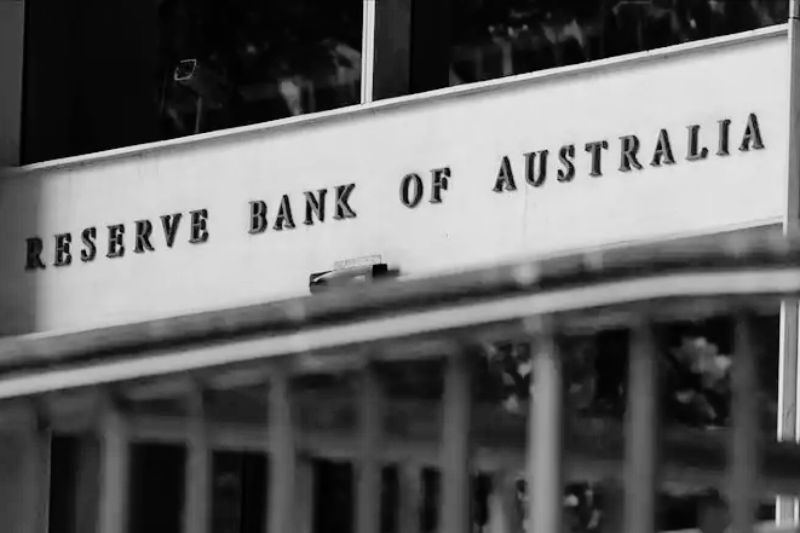
ECONOMICS
Early every month Australians with big mortgages anxiously wait to find out if the Reserve Bank will raise interest rates and put more pressure on their domestic budgets. It is a bit like waiting for pronouncements from the modern day equivalent of the Delphic oracle.
READ MORE
-

ECONOMICS
There is money to be made in war, especially from making weapons, and what we are witnessing at the moment in Ukraine and the Middle East is simply the latest episode in a story that goes back centuries.
READ MORE
-

ECONOMICS
It is a truism to say that the way money is constructed defines the power structure under which we live. But allowing private actors to manipulate and game the financial system has not just given them extraordinary power, it has undermined the way money itself is understood.
READ MORE 
-
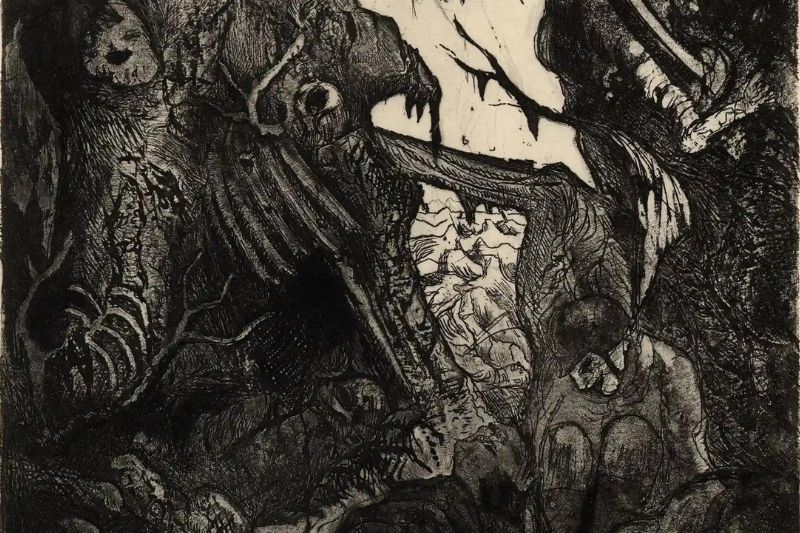
AUSTRALIA
- Warwick McFadyen
- 25 April 2024
2 Comments
How about truth as an antidote to war? Who would have stomach for it, though we see war as part of existence? The trouble with its normalisation, such as in games, both in backyards and in cyberspace, is that becomes uncoupled from reality.
READ MORE
-

ECONOMICS
- David James
- 04 April 2024
2 Comments
Big changes are occurring in the financial sector that suggest the climate change agenda is starting to lose crucial support with the world’s largest fund managers. As support for ESG goals wane, the conversation is shifting to nuclear energy. But does it make any financial sense?
READ MORE
-
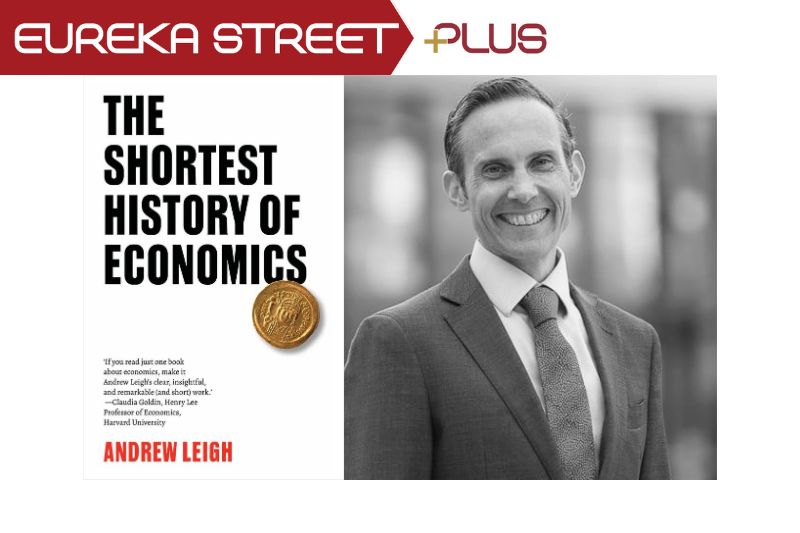
ECONOMICS
- David James
- 22 March 2024
Economics may be useless for forecasting, and its assertions can be overly simplistic. But it is a language that should be understood, and here is a good place to start. In simple and clear prose, Leigh spans the history of human economic activity, beginning in prehistoric times and ending with the modern day.
READ MORE 